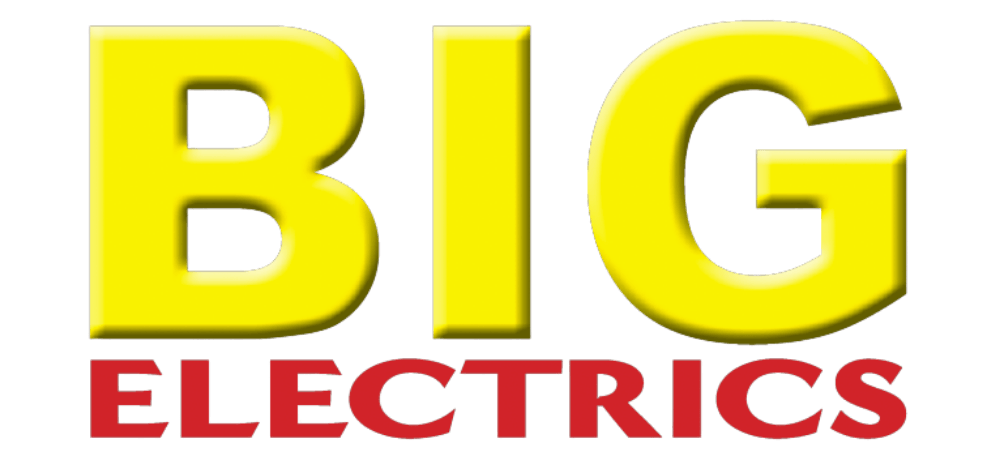FAQ
What qualifications should an electrician have?
A licensed electrician must complete an apprenticeship and obtain a government-issued electrical licence. Additional certifications may be required for specialised work, such as solar or air conditioning installations. Always check for proper licensing and insurance before hiring an electrician to ensure compliance with safety regulations and industry standards.
How often should electrical systems be inspected in a home?
Residential electrical systems should generally be inspected every 3-5 years, or sooner if there are signs of issues like flickering lights, frequent breaker trips, or outdated wiring. An inspection ensures compliance with safety standards, helps prevent electrical hazards, and can improve energy efficiency. For older homes, inspections may be needed more frequently.
What are the most common electrical issues in homes?
Common residential electrical problems include overloaded circuits, faulty wiring, tripping circuit breakers, and outdated electrical panels. Other frequent issues include flickering lights, sparking outlets, and damaged power points. These can pose safety risks, including electrical fires, and should be addressed by a qualified electrician as soon as possible.
What is typically involved in routine electrical maintenance?
Routine electrical maintenance generally includes checking wiring, inspecting switchboards, testing safety switches, and ensuring all connections are secure. Electricians may also assess energy efficiency, update outdated systems, and test appliances for faults. Regular maintenance helps prevent electrical failures, improves safety, and ensures compliance with current regulations.
What should be considered before installing air conditioning?
Before installing an air conditioning system, factors such as room size, insulation, ventilation, and power supply should be assessed. Choosing the right system type—split, ducted, or multi-zone—is also important. A professional installation ensures proper placement, efficiency, and compliance with electrical requirements, preventing long-term issues like inadequate cooling or excessive energy consumption.
How does a solar system work, and what maintenance does it need?
A solar system converts sunlight into electricity through photovoltaic (PV) panels, which supply power to a home or business. It requires minimal maintenance, but regular inspections are recommended to check panel cleanliness, wiring, and inverter performance. Keeping panels free from dirt and debris ensures optimal efficiency, while an electrician should inspect the system periodically for any faults.
What are signs that electrical repairs are needed?
Signs of needed electrical repairs include frequent power surges, buzzing sounds from outlets, burning smells, sparking sockets, or discoloured switch plates. Flickering lights, overloaded circuits, and outdated wiring are also indicators. Ignoring these warning signs can lead to serious hazards, including electrical fires, so it’s important to have any issues assessed by a qualified electrician.
Why is it important to use a licensed electrician for electrical work?
A licensed electrician ensures all electrical work meets safety regulations and industry standards. Unlicensed work can lead to faulty wiring, fire hazards, and voided insurance policies. Licensed electricians have the training and expertise to handle installations, repairs, and maintenance safely, preventing costly mistakes and ensuring compliance with legal requirements.



